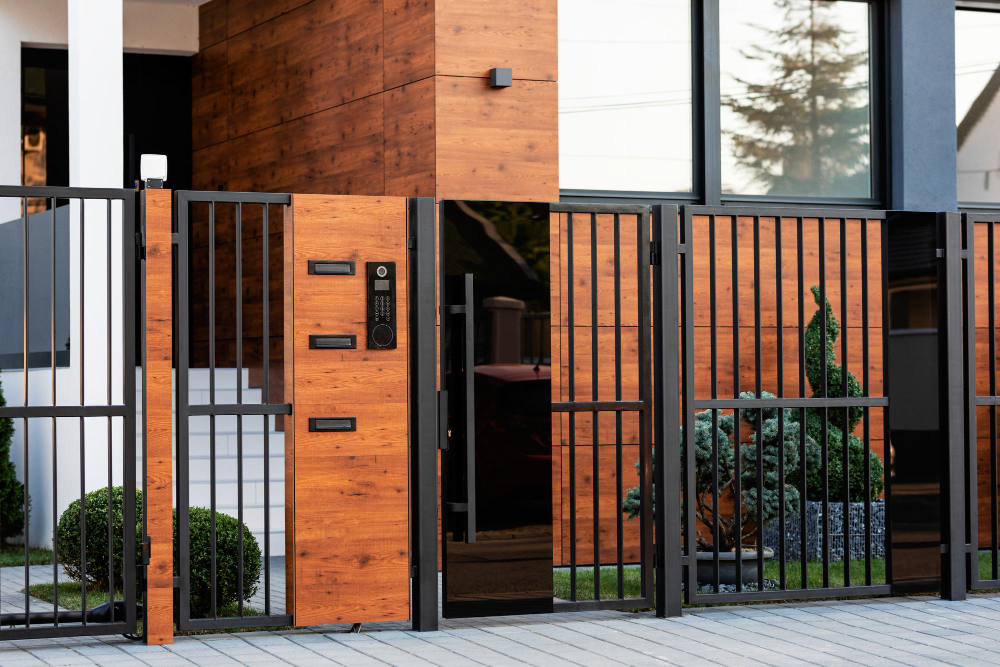Office flooring is more than an aesthetic choice; it's a critical component that influences acoustics, employee comfort, safety, and the overall atmosphere of your commercial space. That’s why selecting the best flooring for office environments requires a careful balance of functionality, design, comfort, and budget. Let's delve into the key factors to help you decide on an optimal office flooring solution.
Key Factors for Selecting Office Flooring
Before diving into specific office flooring options, consider these factors that will guide your decision-making process:
- Durability and traffic: Different areas within an office experience varying levels of foot traffic. High-traffic zones require office flooring materials that can withstand constant wear and tear, whereas executive offices or quiet zones might allow for less hard-wearing options.
- Maintenance requirements: Ease of cleaning and long-term maintenance costs are significant considerations. Some types of office flooring may require extensive upkeep, while others can be low-maintenance.
- Aesthetic appeal and brand image: Whether you’re aiming for a sleek, modern look, a warm and inviting atmosphere, or a vibrant, creative space, the chosen material and colour scheme play a pivotal role in your company’s aesthetic and brand identity.
- Comfort and acoustics: Hard surfaces can amplify noise, leading to a distracting environment. Materials that offer good sound absorption and underfoot comfort are essential, particularly in open-plan offices where acoustic control is paramount.
- Budget and installation: Initial material cost, installation complexity, and potential downtime during fitting are all crucial budget considerations. Some office flooring options offer quicker installation times, which can minimise disruption to your business operations.

Common Office Flooring Types
Exploring the most common type of office flooring may provide a clearer picture of what each material offers.
1. Carpet and Carpet Tiles
Carpet, particularly in modular tile form, is a popular choice for office flooring due to its acoustic properties. It effectively absorbs sound, reducing noise from foot traffic and conversations. Meanwhile, modern carpet tiles offer design versatility, allowing for custom designs, zoning, and easy replacement of damaged sections. While they require regular vacuuming, many modern carpets are stain-resistant and durable enough for commercial use.
2. Luxury Vinyl Tile (LVT) and Vinyl Planks (LVP)
LVT and LVP have become a go-to as some of the best flooring for office environments, largely due to their durability and design versatility. These multi-layered synthetic floorings can mimic the appearance of natural wood, stone, or even concrete, without the high cost or maintenance demands of their natural counterparts. Their robust wear layer makes them suitable for high-traffic areas, and their ease of installation allows for efficient office renovation projects.
3. Polished Concrete
For a contemporary and low-maintenance solution, polished concrete is an increasingly popular office flooring choice. It offers exceptional durability, capable of withstanding heavy foot traffic and equipment without showing wear. Once sealed, it is easy to clean and maintain, requiring little more than regular sweeping and occasional mopping. While it offers a sleek aesthetic, its hardness means acoustics and underfoot comfort need to be addressed through other design elements like rugs or acoustic panels.
4. Rubber Flooring
Among the types of office flooring, rubber flooring is often considered for specific areas like breakout zones, gyms, or even quiet rooms where comfort and safety are paramount. Its elasticity provides excellent shock absorption, reducing fatigue for those standing for long periods. It's highly slip-resistant, offering good acoustic properties, and is extremely durable. Available in various colours and textures, it can also contribute to a modern, functional aesthetic.
Select an Optimal Office Flooring Solution
Making the right choice among various office flooring options involves balancing all these factors. For instance, a tech start-up might prioritise a modern office flooring aesthetic like polished concrete or LVT, while a traditional law firm might lean towards a more classic carpet or wood look.
For complex projects or to ensure the best outcome for your commercial space, engaging professional interior design services can be helpful. An experienced retail store interior design firm can guide you through material selection, design coordination, and installation planning.
Schedule a free design consultation with our experts to explore the best flooring for your office environments and discover how we can transform your space, or WhatsApp us now to start your journey towards a more functional and inspiring workplace.












.svg)














.png)





